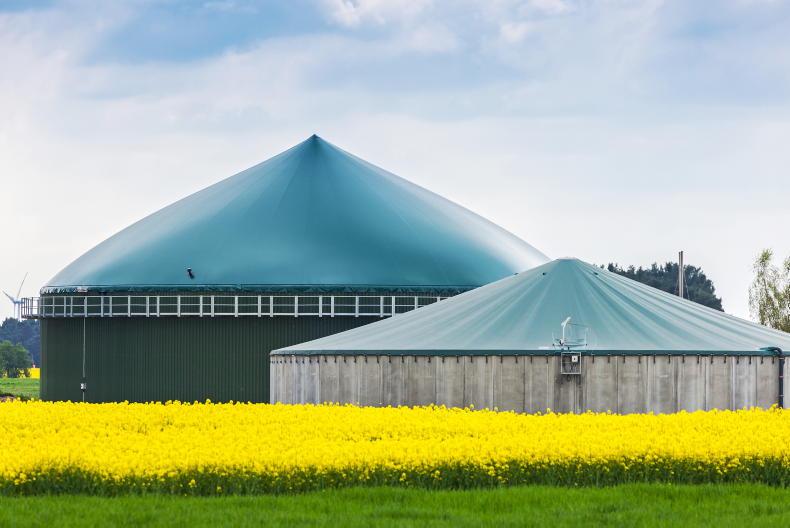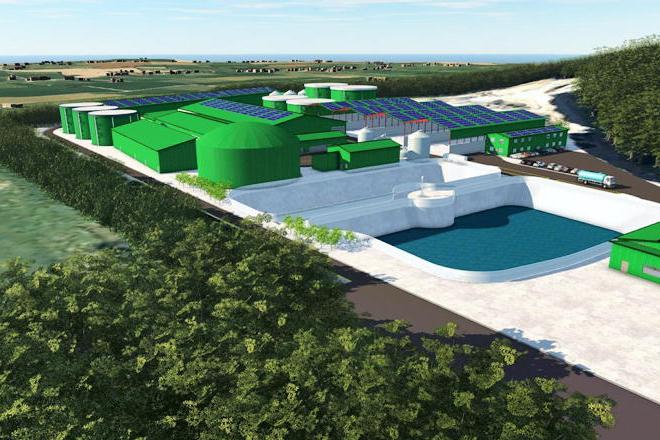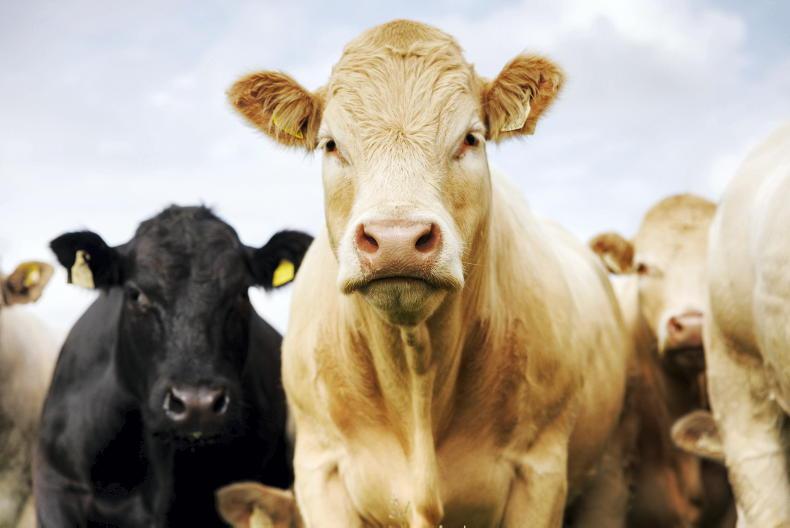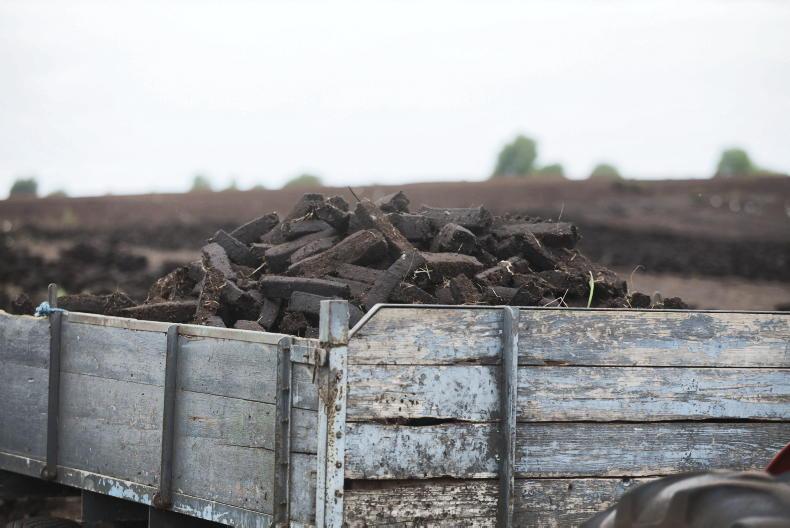Farmers could see a significant market develop for biomethane produced from farm anaerobic digestion (AD) plants by as early as 2023.
Last week, the Government published a consultation on the development of a renewable heat obligation scheme.
This scheme, if introduced, would require suppliers of fuel used in the heat sector in Ireland to ensure a certain proportion of the fuel supplied is from renewable sources.
Eligible renewable fuels for the scheme include biomethane (upgraded biogas), bioliquid, biomass and green hydrogen.
The consultation highlights that indigenously produced biomethane from waste and agricultural feedstocks will likely be the lowest cost renewable fuel source available to suppliers.
Until now, Ireland’s anaerobic digestion industry has received little support from the Government, but this could change if the scheme is implemented.
Why is this needed?
Emissions from the heat sector accounted for 12.6m tonnes of carbon equivalent (MT CO2) in 2019 (agriculture accounts for 4% of this).
Ireland currently has 6.3% of its heat sector demand coming from renewable fuels, falling well short of its 2020 target of 12%. With the heat market being over twice the size of the electricity market, the challenge is great. If we are to meet net zero emissions by 2050, drastic action is needed.
How will this work?
The renewable heat obligation would be placed on the suppliers of fuel. The scheme will cover all fuels including oil, liquid petroleum gas (LPG), natural gas, coal and peat.
The scheme would commence in 2023 and would see an increasing heat obligation rate set for each year, which determines the portion of renewables that must be included. If fuel suppliers fail to meet the obligation, they will be fined.
The extra cost of including this renewable fuel will be spread across all heat users, resulting in higher heat bills for all customers.
Farmers and the public are being invited to take part in a consultation which is open until 5pm 1 Friday October 2021. For more information, visit https://www.gov.ie/en/consultations.










SHARING OPTIONS